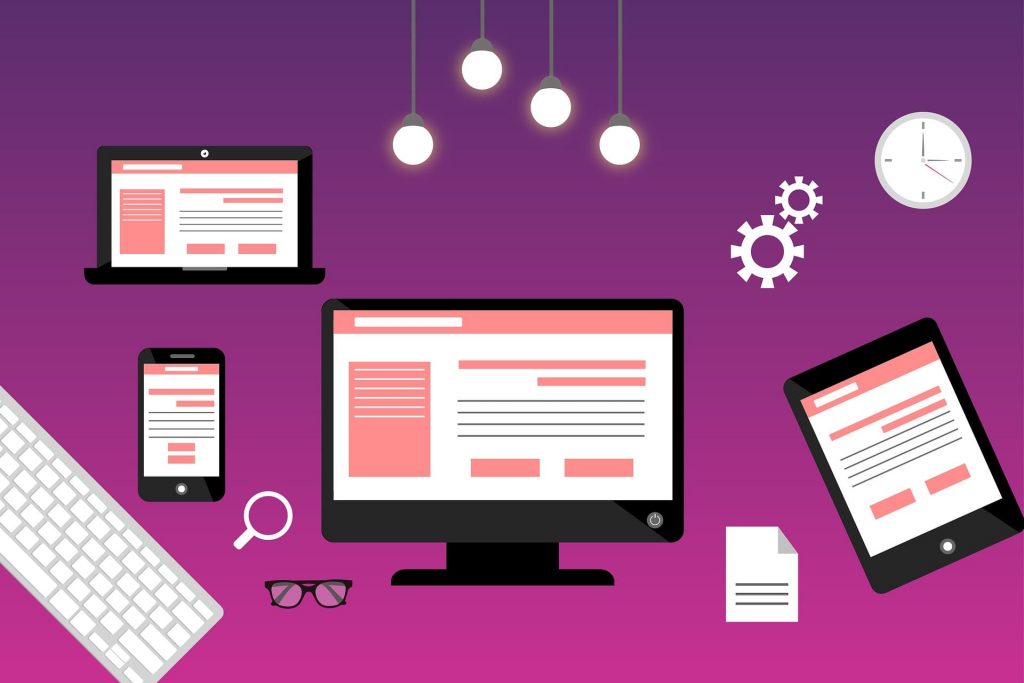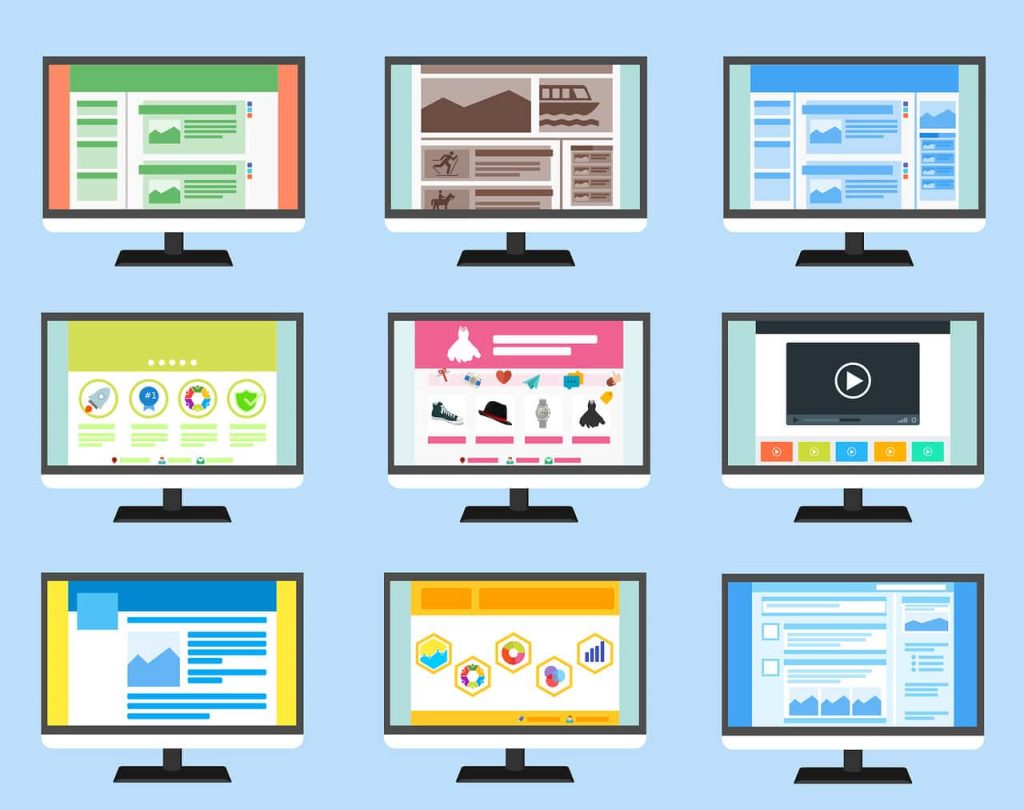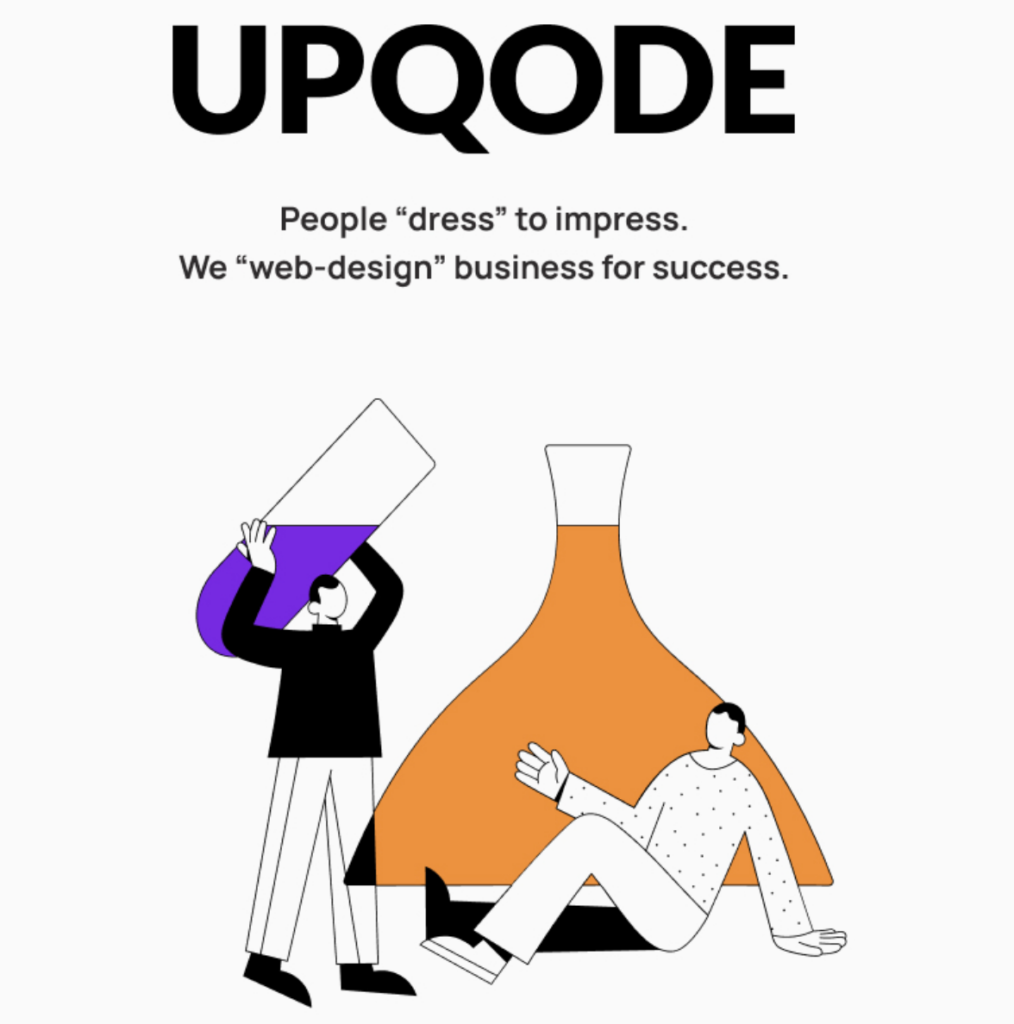by Mariia Shvets
UPQODE`s Project Manager
The world is becoming closer, and no one denies that technology plays a central role in this phenomenon. Although globalization and technology expansion lead to cultural assimilation, nobody can ignore the differences that nations have. Nowadays, people can not just close themselves in the cocoon of accustomed habits and rules. Multiculturalism and openness, by all means, lead to business success and well-fair.
Global companies have to pay great attention to national specifics in design and development processes. Respecting others’ identity and celebrating the differences is what makes UPQODE team unique for their clients.
UPQODE is a web design and development agency that has been at the market for almost 4 years. During this time the company served around 300 clients within 30 industries all over the globe. It’s a product company also, creating unique WordPress themes with more than 40k sales. This means that there are thousands of websites on the web which are powered by this company. The UPQODE team has experience working with clients from every part of the world and can share its tips and tricks of being culture-friendly organization.
People orientation, as well as openness, are UPQODE’s core values. This leads to success in making the projects not only innovative but also connected to the context of the users.
Working with a wide variety of customers, UPQODE team got the essential lessons in being a multicultural company.
An exceptional individual approach that takes into account the nationality of the client should start at the moment of negotiation and arrangement.
For example, for Arabian clients before attempting to engage in business, it’s critical to establish respect and trust at first. You have to spend some time to greet, salute, and get to know the contact person better. Corporate website design for License Company in Saudi Arabia, the company faced the discordances in product vision due to the background differences. What UPQODE learned during this cooperation is that customs matter, even in the 21st century, especially in the 21st century.
By adding bright gradient colors and pictures of machinery, equipment which was the common practice, we did not think that it would contradict with the customer’s vision on the product.
After the research, we found out that most Arabic websites shared the characteristic of reflecting high power through the group photos creating a picture of reliability for a user. Additionally, Arabic websites and other digital products are distinguished by a light color scheme that inspires a sense of tradition and rigor. In contrast, Asian sites tend to use darker colors showing their innovative spirit.
As a provider, you should always keep in mind the primary users’ customs and preferences. There are different design elements such as icons, symbols, formats, typography, colors, functionality that have to be investigated and adapted to the customers.
For example, Chinese, Japanese, and Korean users often expect to see greater use of images, videos, animations, and sidebars. On the other hand, European or North-American designs tend to be more text-heavy. There are more calls to action that are made to transmit the message more explicit and sometimes even more aggressively.
Swedish products displayed a strong preference, also, for a white background. Colors were used carefully as a background for links. Blue and yellow, the Swedish national colors are a frequent theme.
The process of cooperation is also profoundly different depending on the client’s background. It’s noticeable that customers from countries with low PDI (power distance index) where the hierarchy is smaller such as Western nations, don’t follow the hierarchical difference. They have to be treated politely and with great respect. Certification and logos are not required to gain the trust of the people out there. Nationalism and religions are less significant and infrequent for them. On the other hand, people from Eastern countries don’t like to take responsibilities and regard the website as an expert. They are usually less critical, and they trust the website and developers’ recommendations.
The digital world is changing our habits: we are more reluctant to text than call, we are celebrating the convenience of food delivery. However, our cultural preferences are making their impact on our devices and interactions with technology.
Another complex project at UPQODE shows how culture shapes the digital sphere nowadays. It is a project of the dating platform for Jewish people who can meet their soulmate all over the world. The existence of such a project shows than the era of technology advancement and globalization the need of saving close communities are actual and needed.
This application is different from Tinder or other trendy platforms. To sign up into the app, a user has to come through an unusually sophisticated wizard with more than 40 questions. Within this form, one can still find the importance of religion and need of the advocate for a single person to find a match.
Users have to describe their religious background in detail, based on this information they will receive appropriate matches recommendations. At least two references are necessary to be registered, which shows how serious the applicant’s intentions are as well as the strong impact and role of the older generations in building relationships.
All the profiles are viewed and approved manually by the project owner so she can filter inappropriate pictures, verify the information, and even change the data.
Although there is a lot of discussion on the obsolescence of traditions and their departure into the past, UPQODE’s team sees that references to national identity occupy an important place in technological progress.
Before designing interfaces, it is vital to know the user well and build a relationship with them on trust and respect. User research must contain the study on the target’s audience culture. Every phase of development must consider users’ needs, wants, requirements, and expectations.
It’s essential to adapt the work processes in accordance with the culture to make fellow humans comfortable with the interfaces and site. It’s the way of building long-term cooperation and expanding boundaries constantly.
Development is all about resolving problems and finding new solutions for people’s needs. Technology and humanity are united in a close relationship. Being acknowledged about users’ red flags and preferences create trustworthy and relevant business relationships.
Although comprehensive research and well-thought-out designs are time and cost consuming, lack of understanding of the needs and habits can lead to the loss of the customer or the production of an irrelevant product.
Before starting the project, each team should follow these basic rules to establish a trustworthy and culture-friendly relationship with the client:
Identify the target audience and decide the part of traditions and social elements in the project. In case it covers users globally, the interface should be more unified.
Conduct the research. The team has to be aware of the client and target audience background, business, and the environment. Find out good project examples, red flags for users, and their mentality.
Listen and Adapt. You will never be ready for everything, and there will be a lot of new things for the team. On the other hand, it’s the best way to learn and develop quickly. Be open to the client’s recommendations and listen carefully.
There is never too much of the information. Ask more questions than you think you need, note everything, implement the meeting minutes messages, share what you’ve learned, and present all your wildest ideas.
Pay attention to the Time Zones. Usually, clients from other countries are located in another part of the world. Being flexible and increasing amount of common active hours build trust and helps fruitful cooperation.
Time management is vital for everyone regardless of their nationality. Although there are many stereotypes and jokes about managing the time in different countries, we have entered an era where the time is as valuable as gold, so value your partner’s time.
Learning and absorbing collective experience broadens the team’s boundaries. UPQODE’s team, as a set of personalities, becomes more aware and open to the new. Each cultural group has unique strengths and perspectives that one can benefit from by getting fresh perspectives and shed new light on the technology world.










